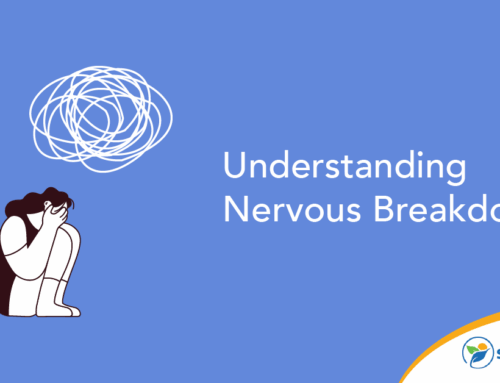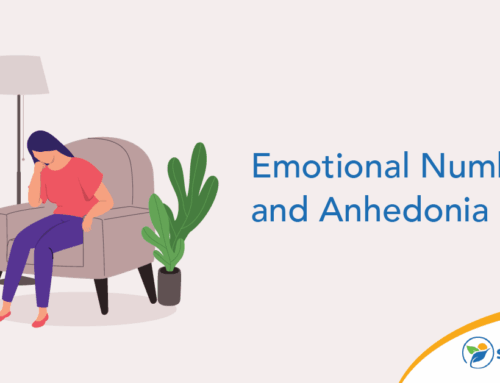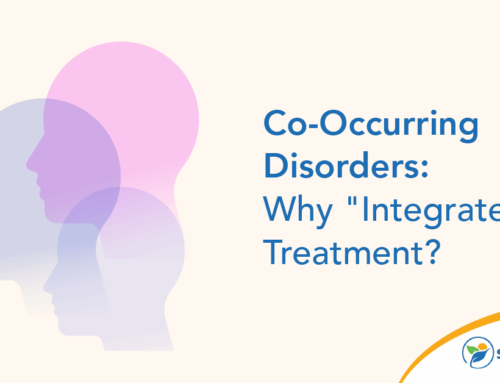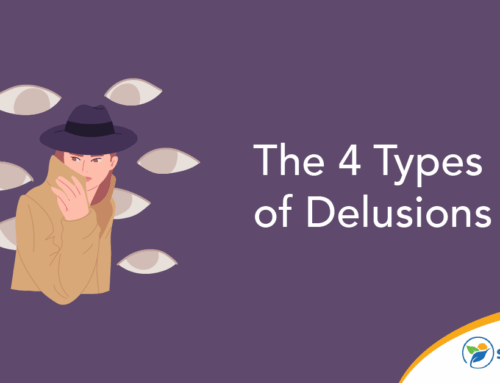For those struggling with their mental health, the problem can feel insurmountable. In the last few years, we’ve seen some breakthrough mental health news that can give people hope that recovery is possible. Here, we’ll discuss some advances in mental health care and what they mean for those struggling with addiction, anxiety, depression and other disorders.
Mental Health Is a Universal Issue
Mental health is something that affects everyone. It’s estimated that 1 in 3 women and 1 in 5 men will experience major depression at some point during their lives. In the last 20 years, we’ve seen a lot of progress in terms of how medical professionals address mental health issues. Today, it’s much easier for people to access mental health care from their primary care providers, and the public is better educated about mental health issues too. However, the World Health Organization feels there’s still a long way to go to ensure positive outcomes and a good approach to mental health for all, as it highlights in its report, Transforming Mental Health for All.
Success Stories and Breakthrough Mental Health News
One of the biggest challenges in mental health care right now is availability. We have innovative drug therapies as well as counseling options and techniques, such as eye movement desensitization and reprocessing therapy (EMDR), that can be used alone or together to arm people with the tools they need to live a happy and productive life. Compared to the blanket approach of using antidepressants that was popular just a few decades ago, modern treatments have fewer side effects and far better success rates.
What’s been lacking is the availability of those treatments, especially in remote or lower-income areas. The COVID-19 pandemic shined a light on how vital mental health treatments are and sparked a new period of innovation with the development of digital training tools, making it easier to train the next generation of experts.
Another piece of good mental health news is that corporations are also more aware of mental health. Some major success stories from recent years include Microsoft’s mental health program for employees, called Microsoft Cares, and Unilever’s decision to launch a health awareness app and run mental health workshops for employees.
Unilever’s Chief Learning Officer Tim Munden notes that “if you want a high-performing company, you need resilient, healthy employees.” The company has created a safe space for employees to talk about mental health and made it easier for them to access the care they need without stigma.
The Importance of Stigma Reduction
While awareness of mental health issues has improved, there’s still a lot of work to be done. The National Alliance on Mental Illness publishes many stories from people who’ve been struggling with mental health issues and their loved ones, highlighting the lack of understanding of the public.
One example is that of Linda, a parent of a young adult who’s living with schizophrenia, PTSD and depression. She explains how she faced a lack of understanding from friends and loved ones, who even suggested she kick her son out of her home. Linda explains how she stood by her son, and he eventually found a treatment that worked for him. She now feels she “has her son back,” and he’s thriving on his new treatment.
Linda’s story is one of many that highlight how mental illnesses should be treated just like physical illnesses and how those who are living with them deserve a compassionate, medical response.
The NAMI is fighting to end the stigma surrounding serious mental illnesses so people can easily access the support they need with the understanding that recovery isn’t always simple or linear and that mental health breakthroughs are possible for many people.
Innovative Approaches to Mental Health Treatment
There’s no one-size-fits-all approach to mental health treatment. Even though we’re seeing some breakthrough mental health news in terms of better treatments, recovery can still be a long path for many people. Every individual is different, and the approach required for someone with a dual diagnosis or serious mental illness would be different from that of someone who has a single diagnosis such as OCD, anxiety or substance addiction.
At Sunlight Recovery, we’re passionate about mental health and have adopted many innovative treatments, including medication-assisted treatments. These can help patients fight addiction while also learning the skills they need to build a strong foundation and avoid falling back into old destructive habits when they return to their normal lives.
We also use therapy options such as EMDR, dialectical behavior therapy and group therapy to help our clients fight negative thoughts and become empowered to control their thought patterns. By offering a variety of options for therapy, we give as many clients as possible the chance to find something that works for them.
The Value of Open Conversations and Supportive Communities
While therapy and drug treatments can go a long way toward improving someone’s mental health, a person’s environment matters a lot. Those who have strong social connections with friends or family members are generally happier and healthier than those who are isolated or in toxic relationships.
The experiences someone has in childhood can have a lasting impact on their ability to form relationships, as well as on their employment and education prospects. Adult relationships can be impactful, too. Those who live in neighborhoods with strong social cohesion have a lower rate of mental health problems than those who live in less cohesive neighborhoods.
Modern lifestyles make it easier for people to find communities of like-minded individuals online, and for many, those online interactions have replaced chats with neighbors. This is a mixed blessing, as local communities can be an important support network for those who are struggling with their mental well-being. Loneliness can exacerbate mental health issues. Having a local “third space” where people can go for a safe, friendly face-to-face chat can have a huge impact on a person’s ability to cope with mental health challenges.
Mental health challenges can affect anyone. If you’re struggling with anxiety, depression or other mental health issues, know that help is available. Call Sunlight Recovery today to book a consultation with one of our compassionate counselors.







